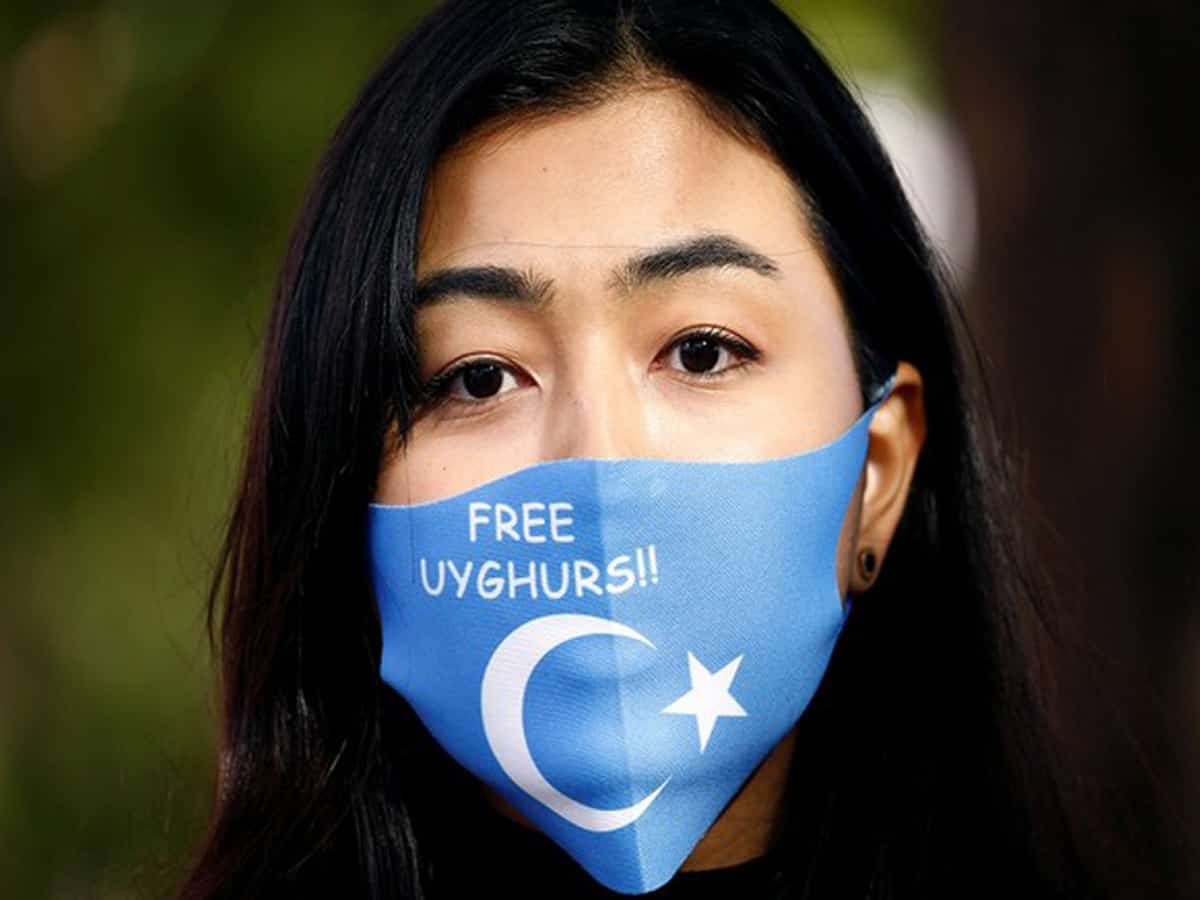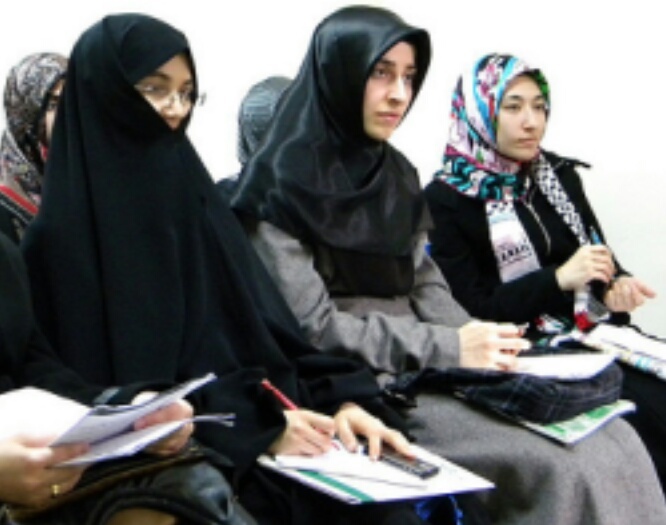Saudi-Iran deal puts Netanyahu in jeopardy and Palestinians upbeat
Dr Shujaat Ali Quadri
After years of acrimony and battlefront clashes through proxies, Saudi Arabia and Iran, two foremost powers of the Middle East, have agreed to bury hatchets and kick in diplomatic, security and trade ties. Reinvigorated relations between two adversaries have been midwifed by China and will begin with reopening of embassies in Riyadh and Tehran. If reports are to be believed, the Iranian President and Saudi King or Crown Prince may pay a visit to these two capitals respectively soon as well.
The rivalry between Saudi Arabia and Iran — which is often used as a symbol of the broader tensions between Sunni and Shia Muslims — has been a key feature of politics and conflicts in the Middle East. Since the Chinese hosted national security advisors of two countries in Beijing two weeks back, the violence in Syria and Yemen, where Saudi and Iran have been supporting warring forces, has subdued drastically. Similarly, distraught people of Palestinian territories – West Bank and Gaza – have been boisterous as they see the biggest push to their cause.
Netanyahu’s nemesis
Exhilaration in Palestinian camp is evident from the tensions in Israel where embattled Prime Minister Benjamin Netanyahu is being blamed by his rival and allies for letting such a “dangerous formation” be cropped up while he has been busy crafting controversial judicial overhaul to save his family from corruption.
One of Netanyahu’s greatest foreign policy triumphs remains Israel’s US-brokered normalisation deals in 2020 with four Arab states, including Bahrain and the United Arab Emirates. They were part of a wider push to isolate and oppose Iran in the region.
He has portrayed himself as the only politician capable of protecting Israel from Tehran’s rapidly accelerating nuclear program and regional proxies, like Hezbollah in Lebanon and Hamas in the Gaza Strip. Israel and Iran have also waged a regional shadow war that has led to suspected Iranian drone strikes on Israeli-linked ships ferrying goods in the Persian Gulf, among other attacks.
A normalisation deal with Saudi Arabia, the most powerful and wealthy Arab state, would fulfill Netanyahu’s prized goal, reshaping the region and boosting Israel’s standing in historic ways. Even as backdoor relations between Israel and Saudi Arabia have grown, the kingdom has said it won’t officially recognise Israel before a resolution to the decades-long Israeli-Palestinian conflict.
Since returning to office late last year, Netanyahu and his allies have hinted that a deal with the kingdom could be approaching. In a speech to American Jewish leaders last month, Netanyahu described a peace agreement as “a goal that we are working on in parallel with the goal of stopping Iran.”
But experts say the Saudi-Iran deal that was announced last Friday has thrown cold water on those ambitions. Saudi Arabia’s decision to engage with its regional rival has left Israel largely alone as it leads the charge for diplomatic isolation of Iran and threats of a unilateral military strike against Iran’s nuclear facilities. The UAE also resumed formal relations with Iran last year.
Victory for Palestine
The Iran-Saudi deal is a win for Palestine and the Palestinians.
Any normalisation with Israel before a settlement is reached with the Palestinians undermines their cause, and since Saudi Arabia is seen as the guardian of the Arab Peace Initiative (API) — the official position of the Arab League and a reiteration of the land-for-peace formula—it would completely shatter what hope is left for a shadow of a fair settlement. Now, since normalisation seems to be put on hold for the time being — the US is unlikely to accept the aforementioned Saudi conditions — the API, largely considered defunct in the shadow of the Abraham Accords, may be finding its second wind.
Moreover, any cooling of regional tensions benefits the Palestinian cause as it shifts attention back to the harsh reality of life under occupation. Significantly reducing the antagonism and power struggle with Iran frees up much Arab energies that can be dedicated to other causes. This is particularly true in arenas where Iran and Saudi Arabia find themselves on opposing sides, such as in Yemen and Iraq.
Reaching a renegotiated JCPOA agreement (nuclear deal between Iran and P5+1) would benefit the Palestinian cause and the region even more, as it would take Iran out of an isolated bubble and it would expedite its efforts, now with Arab friends, to help Palestinians establish their long-dreamed state.

